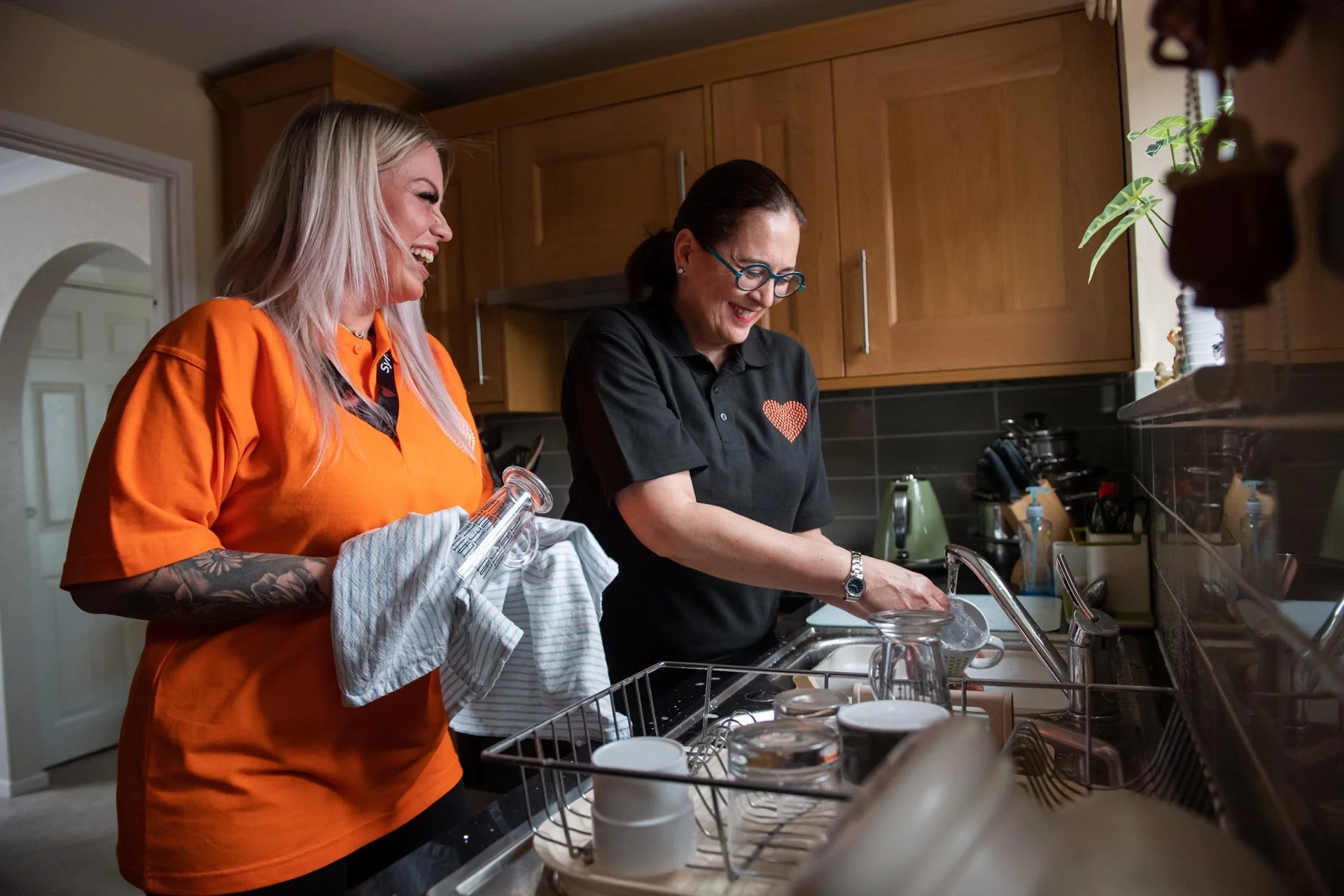Blogs
As life expectancy rises, so does the population of Elderly medication administration UK individuals requiring medical care. In the United Kingdom, ensuring effective medication administration for the elderly poses unique challenges and demands innovative solutions. With a growing elderly population, it's imperative to address the complexities surrounding medication management to enhance quality of life and promote overall well-being.
One of the primary challenges in administering medication to the elderly is polypharmacy, the simultaneous use of multiple medications. Polypharmacy increases the risk of adverse drug reactions, drug interactions, and medication errors. According to the National Institute for Health and Care Excellence (NICE), approximately 70% of individuals aged over 75 are prescribed at least one medication, and nearly 40% take five or more medications regularly. This highlights the critical need for effective medication management strategies tailored to the elderly population.
Accessibility and affordability also play significant roles in medication administration for the elderly in the UK. Limited mobility and financial constraints may hinder access to pharmacies or healthcare professionals for medication refills or consultations. Additionally, complex medication regimens may result in medication non-adherence among the elderly, leading to compromised treatment outcomes and increased healthcare costs.
In response to these challenges, various initiatives and interventions have been introduced to streamline medication administration for the elderly in the UK. One such initiative is the implementation of multidisciplinary medication reviews involving pharmacists, general practitioners (GPs), and other healthcare professionals. These reviews aim to optimize medication regimens, minimize polypharmacy, and improve medication adherence among the elderly.
Furthermore, technology-driven solutions such as electronic prescribing systems and medication reminder apps have emerged to enhance medication management for the elderly population. These digital tools facilitate medication adherence through timely reminders, dosage tracking, and medication synchronization, empowering elderly individuals to take control of their health and medication routines.
Community-based services such as medication delivery schemes and homecare support also play a vital role in ensuring elderly individuals receive their medications promptly and efficiently. These services provide personalized assistance, medication counseling, and regular medication reviews, thereby promoting medication safety and adherence in the comfort of the elderly person's home.
Moreover, promoting medication literacy and empowerment among the elderly population is essential for fostering active participation in their healthcare journey. Educational initiatives, workshops, and resources tailored to the specific needs of elderly individuals can enhance their understanding of medication indications, side effects, and administration techniques, enabling informed decision-making and self-management.
Institutional practices and policies also play a crucial role in optimizing medication administration for the elderly. Care homes and healthcare facilities must implement robust medication management protocols, including regular medication reconciliation, staff training, and monitoring systems to prevent medication errors and adverse events among elderly residents.
Collaboration between healthcare professionals, caregivers, and Elderly Night Care Services UK individuals themselves is paramount in addressing the complexities of medication administration in the UK. By fostering a patient-centered approach that prioritizes individual needs, preferences, and safety, the healthcare system can effectively navigate the challenges associated with medication management for the elderly population.
Be the first person to like this.







